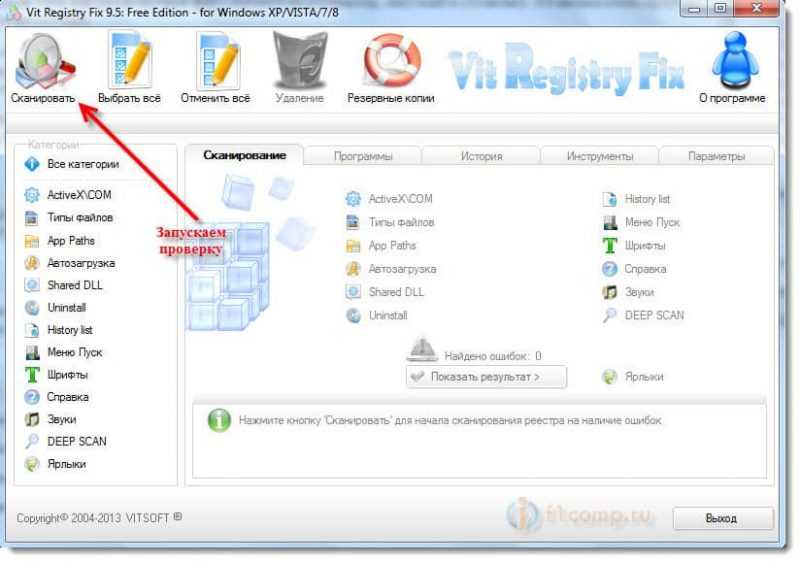
They also prompt you to back up your registry before the operation, saving you an important step.

Reputable PC cleaning tools, such as CCleaner (opens in new tab) and Iolo System Mechanic (opens in new tab), are excellent at avoiding critical keys. Though there’s no performance benefit to cleaning your registry, there (usually) isn’t any harm in doing it, either. Always make a backup copy (opens in new tab) of your registry before committing to any changes.

This is especially true if you’re removing keys manually. A word of caution before you begin: due to the delicate nature of the registry, it’s very likely that a seemingly small mistake can cause a major screw up. If, for some unfathomable reason, you still want to clean your registry, then there are several means available to you. It just keeps working.In general, the answer is simply "no." Cleaning your registry won't make your PC perform better, and not cleaning it isn't going to lead to some future disaster. I'm writing this because I'm installing it on a notebook that, after paying top dollar for registry software that has significant issues, I'm visiting the site to download Old Faithful - Free Windows Registry Repair 2.5. Once repaired, it must scan to put all the books on the shelf in order.Ĭons: Right or wrong, this is my logical conclusions after using the software for some 7 years. (Most people don't put a library book back where they found it!) The registry first finds all the errors of wrong books on the wrong shelves. Registry files are like a library shelf that get mixed up the more it is used.

The software should be used (your registry scanned) multiple times until the number of problems are fixed completely or appear to be permanent. However, let me pro vide an answer to previous concerns. I've been using this product on all my machines since3 2005. This User will respond to concerns of other users.


 0 kommentar(er)
0 kommentar(er)
